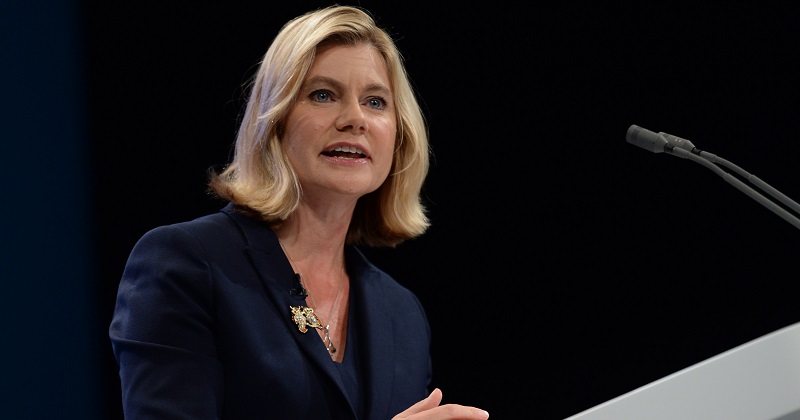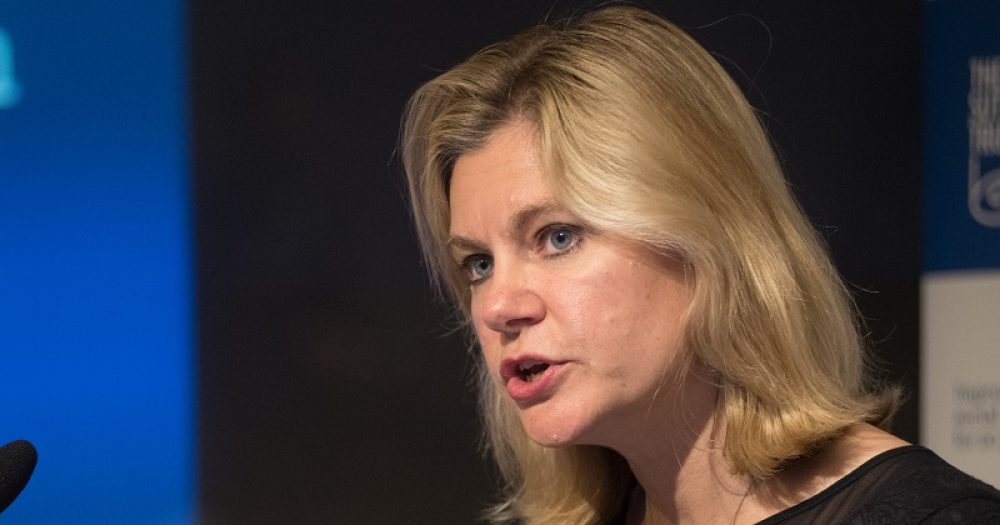A £23 million fund to trial new teaching practices is being targeted at the brightest pupils because they “could do with a bit of extra help”, Justine Greening has said.
Speaking exclusively to Schools Week after the launch of her social mobility action plan this morning, the education secretary defended her decision to focus on brighter disadvantaged pupils with the new future talent fund.
The policy is one of a handful of new announcements in the plan, which also outlines how around £800 million in existing and new investment will be spent to boost social mobility.
The future talent fund is about a bit of investment around the kids who are really bright and could do with a bit of extra help
Greening told Schools Week that the future talent fund was “part of a much broader strategy”.
“I think what I’m saying is there’s a need for balance and we’ve got to help all children. The future talent fund is about a bit of investment around the kids who are really bright and could do with a bit of extra help.
“It’s something that people like Sir Peter Lampl at the Sutton Trust have really talked about for a long time, and so we’re listening to that. But yeah, this sits as part of a much bigger investment from the department now in lifting up those areas where we feel children could do much much better.”
The focus of the policy on the so-called “bright poor” has drawn comparisons with the government’s botched attempt to open new grammar schools in the last Parliament, and is thought to be a compromise for supporters of selection in Greening’s party.
According to the social mobility action plan, which is called “unlocking talent, fulfilling potential”, the future talent programme will “trial approaches and present clear recommendations on what works” to support “the most able disadvantaged children, particularly during key stage 3 when they so often fall behind”.
It is part of a drive to spread evidence-based approaches to supporting disadvantaged pupils. This will also include a new approach to specialist pupil premium reviews, led by national leaders of education.

Speaking at a social mobility conference organised by the think tank Reform this morning, Greening said the government’s ambition was to work out how to close the attainment gap between poorer and better-off pupils “once and for all”.
“In eleven London boroughs all children attend a good or outstanding secondary school; but only one in five pupils in Blackpool and Knowsley do.
“This is a systemic problem and to change things we need to shift our focus. By investing in the teaching, the professionals on the frontline – developing the home grown teaching talent that’s already there and is the key to school improvement.”
This will include the government’s proposals to reform qualified teaching status, which will be outlined in a consultation tomorrow, and work to improve development for teachers in hard-to-reach areas.
“We will make schools in the more challenged areas real career hotspots by investing in the development of the teachers who go to build a career there. And we’ll do more to make sure our strongest tools for school improvement are targeted towards the areas that need the most.”








How about introducing social policies which raise children out of poverty rather than putting all the responsibility on schools to close the gap between disadvantaged pupils and advantaged ones?
Does Greening’s emphasis on helping the ‘bright’ poor mean she sees the not-so-bright poor as less important?